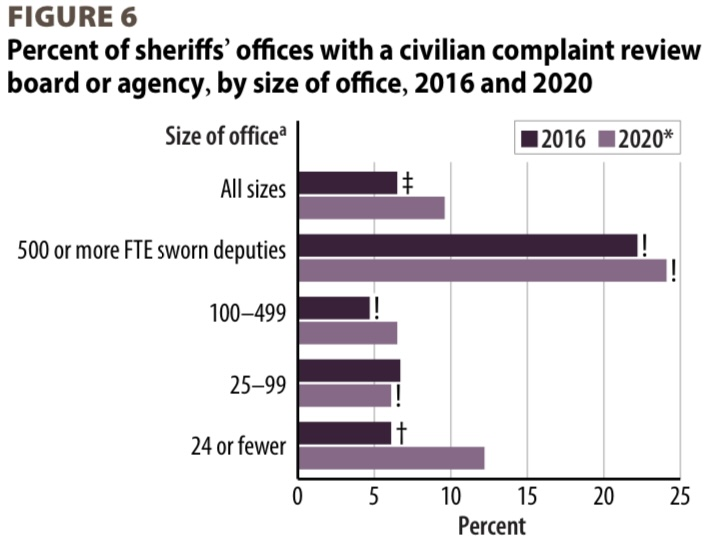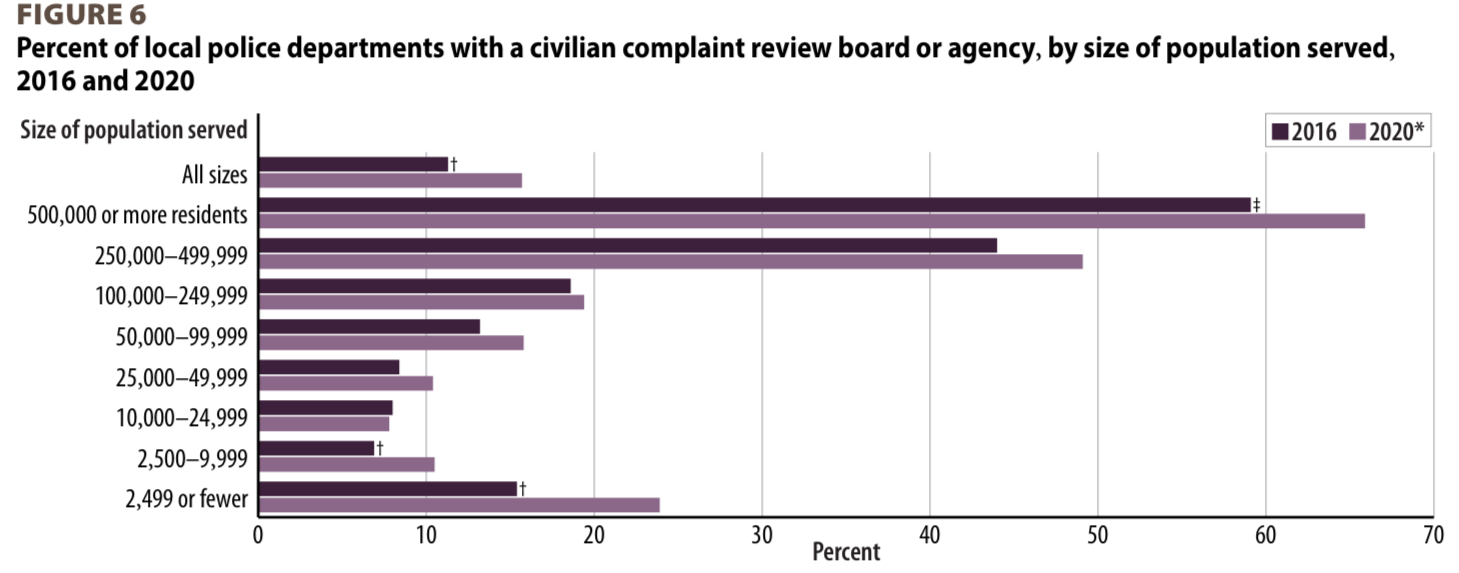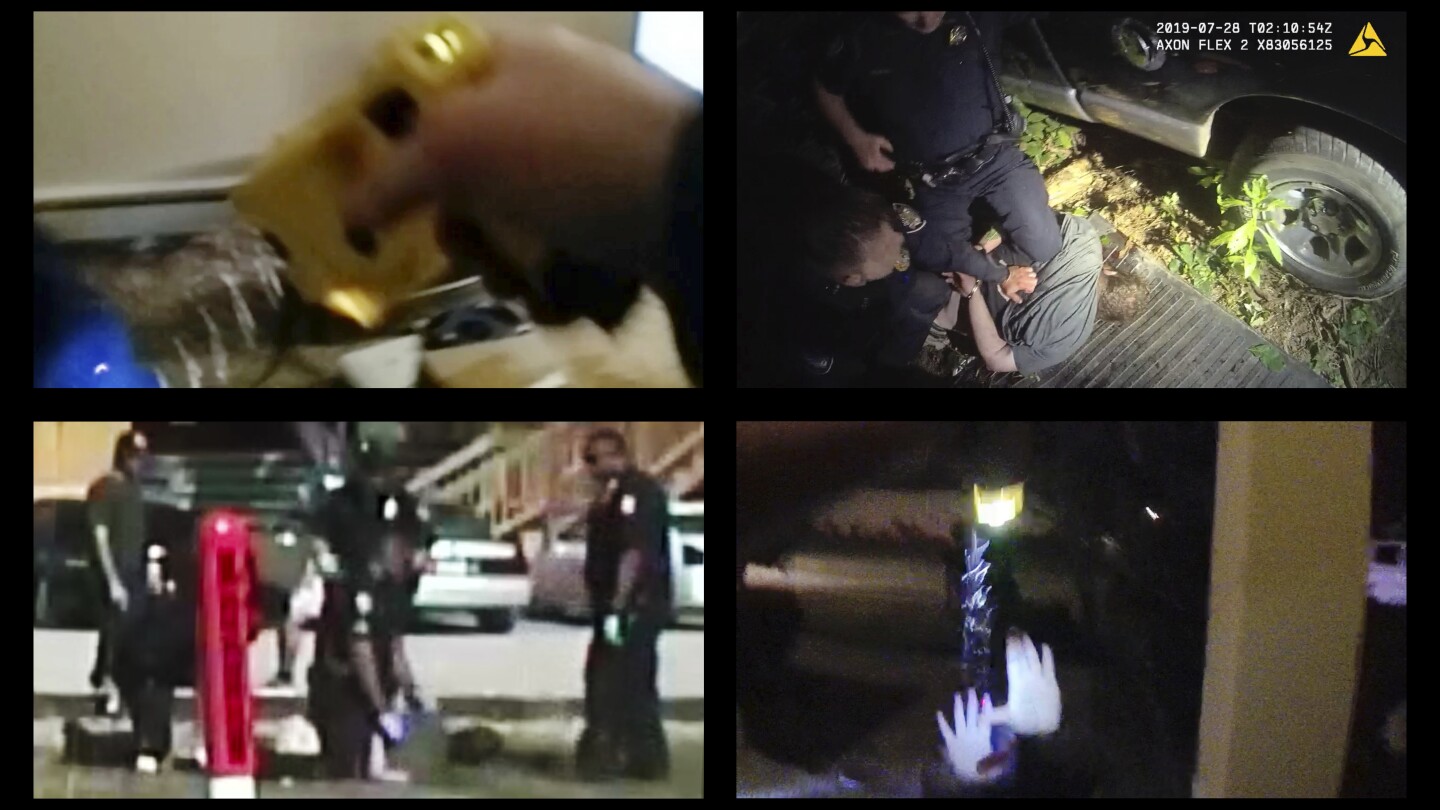In hundreds of deaths where police used force meant to stop someone without killing them, officers violated well-known guidelines for safely restraining and subduing people — not simply once or twice, but multiple times.
Most violations involved pinning people facedown in ways that could restrict their breathing or stunning them repeatedly with Tasers, an Associated Press investigation found.
Some officers had little choice but to break policing best practices — safety guidelines that are recommended by government agencies, law enforcement groups and training experts — to save a life or protect someone.
Many other violations were harder to explain. Officers at times prematurely resorted to weapons or physical holds during routine calls or misread a person’s confusion as defiance in medical emergencies, setting off a string of mistakes. In other cases, they kept applying force even after they had people handcuffed and controlled.
Some officers had little choice but to break policing best practices — safety guidelines that are recommended by government agencies, law enforcement groups and training experts — to save a life or protect someone.
No they didn’t. Best practices include escalation based on threat, and if they “broke the best practices” then they escalated when they didn’t need to save a life or protect someone.
How about acknowledging the fact that in the US, the average police officer spend over three quarters of their time training to use a firearm.
It’s no different here in Canada. All they want is soldier, give them enough training so that they’ll blindly follow orders, get them to defend the wealthy and control the poor, keep workers subservient and protect property. Give them a gun and a license to kill and encourage a culture of beating people, using violence or shooting people first and then asking questions later.
There’s no mystery or revelation here. Everyone who has ever lived on the skids or has skin color other than white has always known this.
How about acknowledging the fact that in the US, the average police officer spend over three quarters of their time training to use a firearm
Serious citation needed there buddy, cause that’s a WILD claim. The police have structural problems, but don’t spread disinformation
Here’s a sample police academy syllabus. ‘Firearms’ is about 13% of the course blocks.
Here’s Missouri’s required annual education/refresher training requirements - and I think we can agree they’re no icons of policing:
- Of these 24 hours, officers must obtain a minimum of:
- 2 hours in Legal Studies;
- 2 hours in Technical Studies;
- 2 hours in Interpersonal Perspectives;
- 2 hours of Skill Development in the area of Firearms;
- 16 hours of Electives (Any of the above-listed core curricula areas);
- 1 hour of Racial Profiling training;
- 1 hour of Implicit Bias training; and
- 1 hour of De-escalation training
US police academies spend far more time on firearms training than on de-escalating a situation - 71 hours against 21, on average, according to a 2013 US Bureau of Justice Statistics report.
71 to 21 hours is meaningless without the gross training hours. Like the two sources I linked from a quick search, there’s other training for driving, legal refreshers, IPV/SA, first aid, etc
Follow through to the BJS source, it’s a good overview report: Police Agencies, 2020 Sheriffs Offices, 2020


I’m very concerned about the lack of external oversight - “tough on crime” and police unions have made political avenues impotent, even after Floyd was murdered. I also want to roll back the police’s “job” and believe in divesting those roles, but that’s a political fight currently. Nobody says they want corrupt or rouge cops, but then outsider oversight is woefully lacking - and the status quo is what got us here.
Know Justice
Know Peace
I’ve never seen this phrased with “know”. I like it
I don’t see that they reported on any disciplinary action for these violations.
Since only bullies, abusers, and the utterly naive could possibly find the job appealing at this point, it’s hard to see this as surprising. Confirmation of the obvious at best
I would love to only be accountable to “guidelines” instead of “rules” or “laws”.
Laws*






